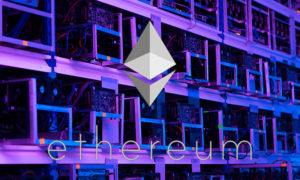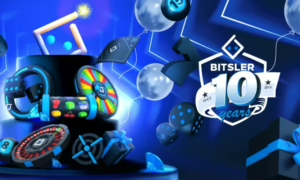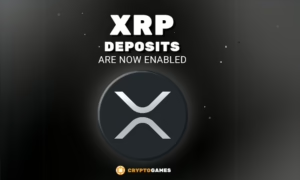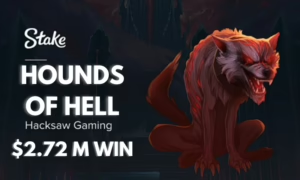Canaan Bitcoin Chip Designer To Develop New Ethereum ASICs
ASIC miners for Ethereum are an interesting development, given that the network is slated to switch to PoS, making those machines less attractive in theory. Nonetheless, Bitmain competitors such as Linzhi are ready to take on the challenge

Chen Min, former Chip Designer for Canaan Creative, a bitcoin mining chip developer is launching a new venture called Linzhi. According to the reports, Linzhi is a new cryptocurrency mining device focusing on the Ethereum protocol. The firm will begin a new project called “Lavasnow” which operates under the Ethcash algorithm employed by Ethereum and Etehreum classic.
Linzhi vs Bitmain
Consequently, as a part of Lavasnow new project, Linzhi will develop a new line of ASICs that will be released next year. The reports claim that this new project will be superior to Bitmain insofar as Ethereum mining devices are concerned, due to the following:
- Superior ASIC miner design for Ethcash algorithm.
- Linzhi miners are expected to be more energy efficient than Bitmain’s, utilizing approximately 12.5% of the electricity that Bitmain equipment uses. This is according to Linzhi’s CEO.
- These new miners are supposed to be 7 times as powerful as Bitmain’s in terms of hashing rates.
Linzhi Miners Earning Potential
If true, Linzhi’s miners could beat Bitmain’s in terms of earning potential for Ethereum and Ethereum classic mining. According to reports, these new ASICs would allow users to earn about $20 USD per day compared to a meager $3 USD per day when using Bitmain equipment. This is not only due to greater efficiency, but also to superior hash rates.
ROI
Linzhi’s equipment is therefore supposed to have a better ROI than Bitmain’s. According to these metrics and the expected price for the miners in the market, miners will be able to recover the cost of a miner within four months of purchase. However, the firm didn’t declare “how much each miner would actually cost”, meaning that real ROI may differ.
More Development Needed
This stems from the fact that Linzhi is still developing the miners, according to the presentation during the recent Ethereum Classic summit. Nevertheless, the development of ASICs for Ethereum and Ethereum Classic has been met with resistance. Many in the community feel that ASICs will centralize mining and oppose them. During the presentation of these new miners, Chen Min said that: “hardware alone cannot cause centralization but style of the business”.
In any case, Linzhi has a lot to prove; Bitmain is already an established company with a range of successful products. Since Canaan has never managed to over-take Bitmain or even capture a significant portion of the market, these new Ethereum ASICs from its chip designer have a lot to prove.









